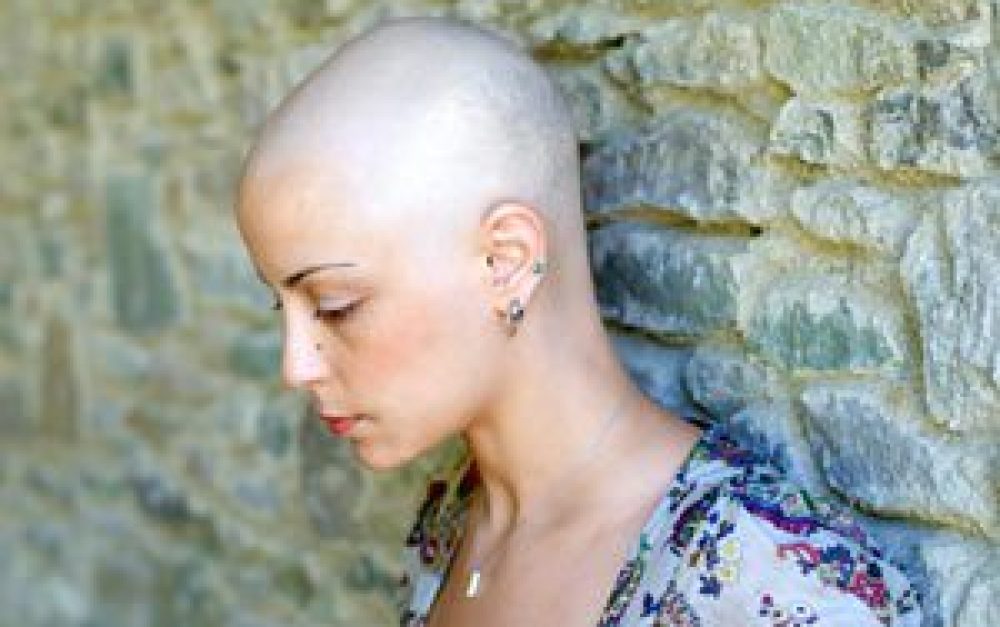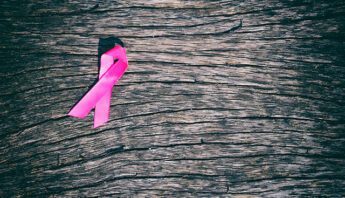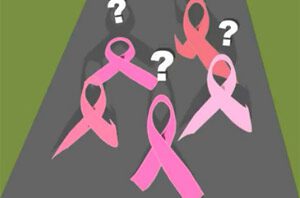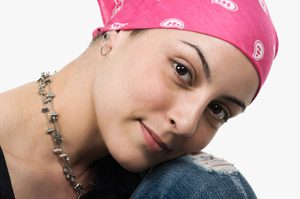Cancer has taken much too big a toll on my life this year to write this blog with anything but intense urgency, fueled by deep sorrow. The lives of our dear friends, our daughters, our brothers and others are all at stake.
Breast cancer is caused by multiple factors. Scientists don't doubt that exposure to toxic chemicals is part of that causation mix, with carcinogens and endocrine-disrupting compounds — including many pesticides — key among the nasties. Though Breast Cancer Awareness month came to an official close yesterday, we continue the critical work of halting this devastating disease.
Scientists link exposure to many pesticides — especially during adolescence while mammary glands are developing — to increased risk of breast cancer later in life. According to the President's Cancer Panel, "Girls exposed to DDT before they reach puberty are five times more likely to develop breast cancer in middle age." These chemicals are too often in our air, water and on our food (or in our couch and cosmetics!?! and elsewhere) — resulting in a devastating load of industrial toxics in our breasts and, tragically, our breastmilk too.
The use of such toxic chemicals is on the rise, as is breast cancer. Not solely the cause, but something indeed we can immediately do something about. Florence Williams puts it this way in her recent book, Breasts:
More tumors form in the breast than in any other organ, making breast cancer the most common malignancy in women worldwide. Its incidence has almost doubled since the 1940s and is still rising. Breasts are living a life they've never lived before.
Time for political action
In his OpEd "Cancer Lobby" (a must read), New York Times author Nick Kristoff observes that the intensely personal experience of cancer has become a public and political battleground:
The larger issue is whether government should be a watchdog for public health, or a lap dog for industry.
Together, we can make sure that our policies safeguard health and don't exempt cancer-causing chemicals just because they're manufactured by large corporations. We can work so that industry builds safer products that aren't linked to breast cancer. Here are some examples of steps each of us can take:
- Join forces with organizations like the Breast Cancer Fund or Breast Cancer Action to make sure that food, water, air and products free of cancer causing chemicals are available to everyone, and that prevention is priority.
- Make sure we're not blinded by pink! While important action happens to fight breast cancer in October, too many corporations sell both pink ribbons and cancer-causing products. Don't fall for that hype, or accidentally pour your money and heartfelt energy into companies that profit from the use of cancer-causing chemicals.
- Avoid toxic chemicals in water, food, cosmetics and other products as much as possible — for you, and your family.
- Meanwhile, keep breastfeeding. Breast milk is still nature's finest food that offers newborns incredible benefits for life. Alongside a groundswell of mothers and others rising up to face-off with the chemical industry, we must work to decrease the toxic load of this generation.
Reclaiming pink
Sadly, I'm more than a little cynical about the origins of Breast Cancer Awareness month, given its originating co-sponsor, Imperial Chemical Industries ,and the pink ribbon mother, Estee Lauder (who still won't sign an agreement to stop using cancer-causing chemicals).
Yes, we're women (and men), passionate about ending cancer. And we're grounded in the science. We recognize the power of big chemical's cancer lobby and the real challenge that represents in our battle for prevention. We're not stupid.
More thoughts from Williams:
The same year that Timmie Jean was exchanging an ear tuck for a boob job, Rachel Carson published a book about the destructive power of pesticides. These two events had more in common than it might appear, for both heralded a new era of synthetic compounds that would forever alter breasts.
Prevention is pink, my friends, no matter what the chemical industry says. Doing all that we can to stop the proliferation of cancer-causing agents in our environment must be prioritized alongside the deeply important and honorable work of searching for the cure.







